Education continues to be a complicated subject for Pleasant Valley High School. There are many different perspectives among parents, administration, students and staff on what it means to be educated.
Nathan Musal and Margil Sanchez Carmona, both juniors at Pleasant Valley High School, feel a disconnect between what some parents anticipate for their children’s education and the school’s educational mission.
Sanchez Carmona attends school board meetings where he often witnesses conflict between parents, regarding school curricula. He notes that numerous parents disagree on what educators should teach their children and on the parent’s role in writing school curricula. Some parents believe school should be purely content-focused and not on morality, work ethic and collaboration.
“Since critical thinking requires challenging your own thinking, many parents perceive that in a threatening way which is why you see so many people calling for close revision of classrooms and curricula,” Sanchez Carmona stated.
“I think that without teaching beyond the curriculum, many lessons will completely breeze through students’ brains because none of it will be relevant. This includes many life lessons as well as the introduction of different perspectives because students at home will only ever be subject to a singular perspective or environment, which does not prepare them for the real world at all,” Sanchez Carmona added.
Most students agree there should be more to education and school than just curriculum. Many students appreciate the second mile of ethics, morals and values being taught in classrooms.
Musal comments, “Most of what we learn in high school won’t be used later in life, but things like work ethic, productivity and pushing yourself are some of the most important aspects of life. High school is more than learning facts; it’s also about becoming a better and more mature person.”
It is not the educational mission of Pleasant Valley to exclusively teach state and district curricula. Rather, the mission is to develop students into better people through their work ethic, responsibility, collaboration and communication.
Darren Erickson, principal of Pleasant Valley High School, defines education as, “helping students get the knowledge and tools they will need to be successful in their adult lives. Some of it is related to specific content and knowledge while many of the components are more in work ethic, responsibility, collaboration, communication, and many other skills that students work on day in and day out.”
Pleasant Valley educators and students agree it is crucial to give students more than “traditional” education, meaning, more than just the course content. However, does Pleasant Valley Administration equip the means for educators to provide students with an education whose limits extend beyond the curriculum?
Ann Berger, an English and psychology teacher at Pleasant Valley High School, states that Pleasant Valley does not hold to Erikson’s definition, citing accountability as the main issue. Berger explains that school administration has often interjected with her and other teachers concerning the acceptance of late work. This leads to an unfair learning environment for students who turn in their work on time opposed to students who don’t.
“We are telling a big lie to students who don’t keep up that deadlines don’t matter, that follow through doesn’t matter, that accountability doesn’t matter. I feel we cater to the cries from the outside more than we do to those of us with boots on the ground. I see administration often caving to pressure from the outside,” she said. “I think it’s detrimental to kids.”
Berger has created a classroom approach in which she seeks to bring the best out of her students. In a diagram she made named “From Comfort to Growth,” she outlines how she aims to give students a more-than-curriculum learning environment.
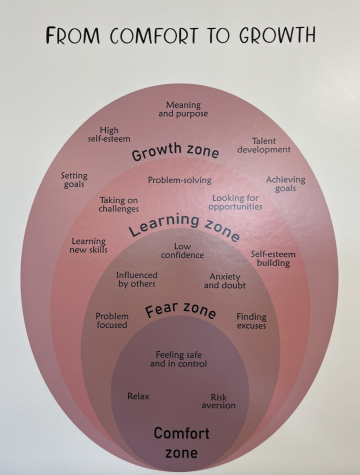 “I know I’m not here just to teach English and psychology. I am trying to teach them beyond the comfort zone. [The comfort zone] is not where you learn. The growth zone is what I want for my students. Growth is challenging,” she said.
“I know I’m not here just to teach English and psychology. I am trying to teach them beyond the comfort zone. [The comfort zone] is not where you learn. The growth zone is what I want for my students. Growth is challenging,” she said.
Many teachers at Pleasant Valley also aspire to give students more than a content-focused curriculum.
Other teachers asked to have their names and stories excluded to not deal with the possible consequences of putting their teaching practices in the spotlight.
“I think we feel at a place of helplessness. What are we going to do in our little tiny piece of real estate? It’s exhausting,” Berger exclaimed.
School administrators agree on the importance of teaching kids valuable life skills and lessons. But many staff members believe that administration hinders their ability to teach students these necessary skills and lessons–while parents still believe these lessons shouldn’t be taught at all.
While the days of empty school board meetings become a distant past, one thing is for sure: the question of how much input teachers should have over what happens in their classrooms isn’t going away any time soon.


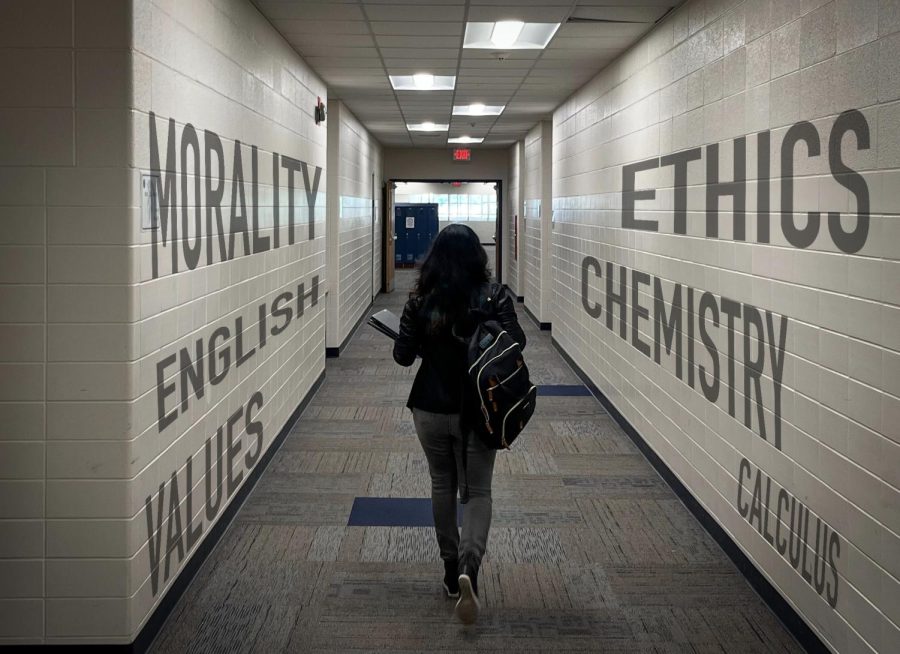






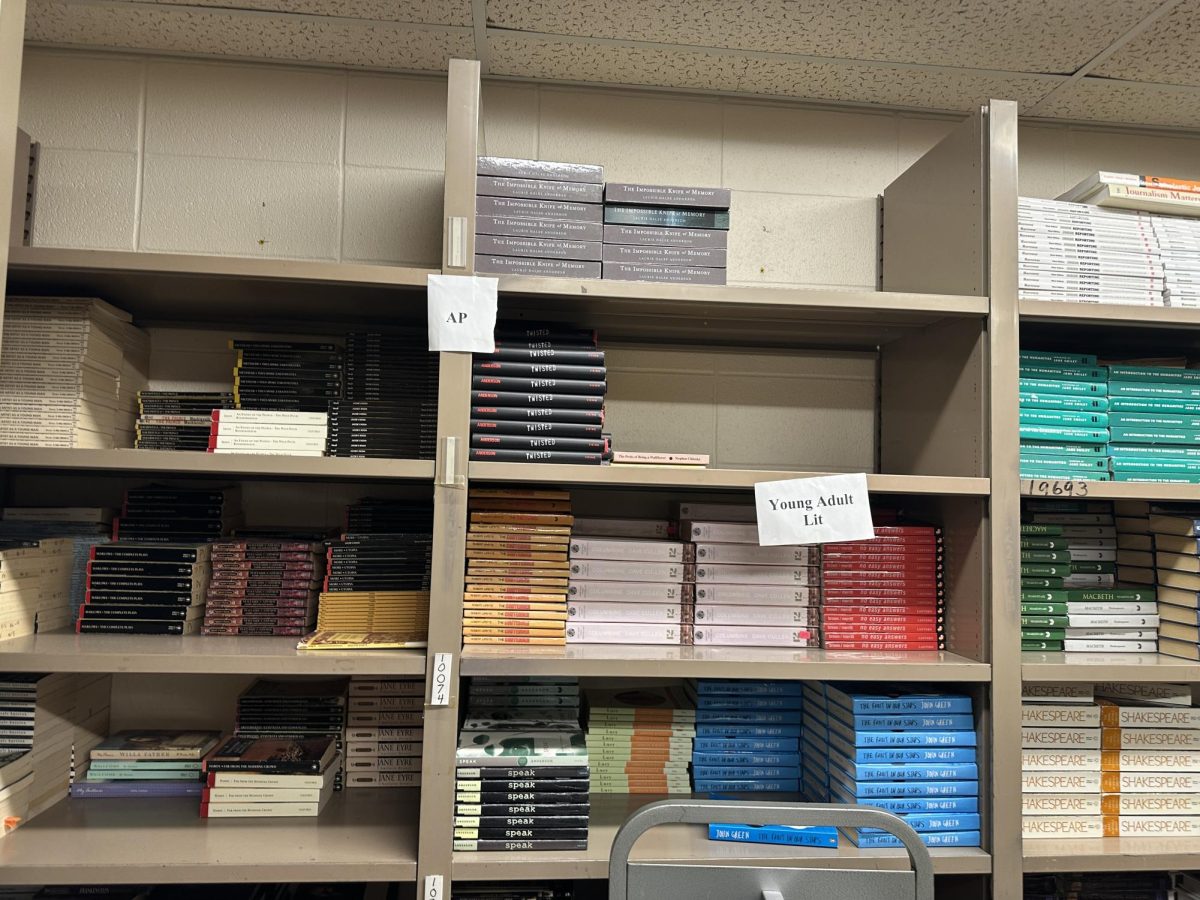
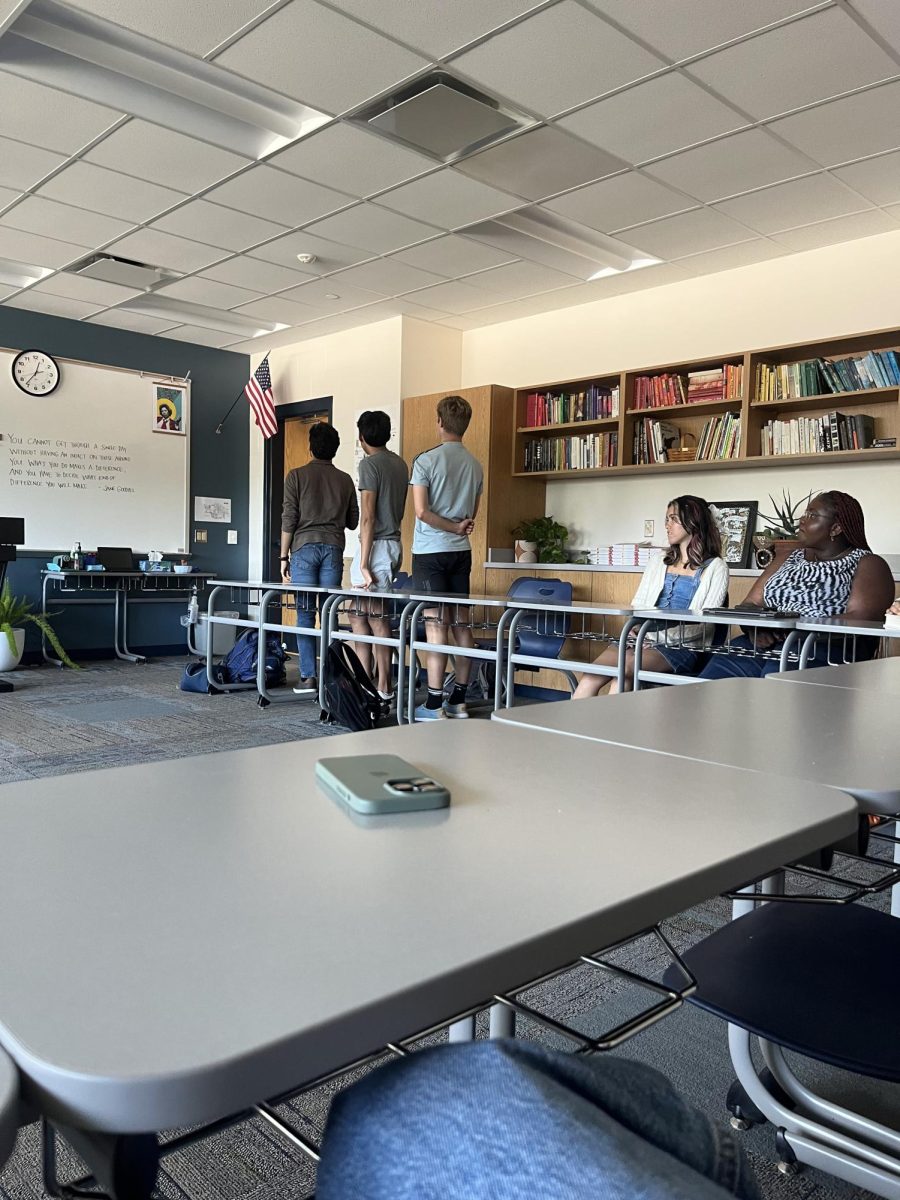


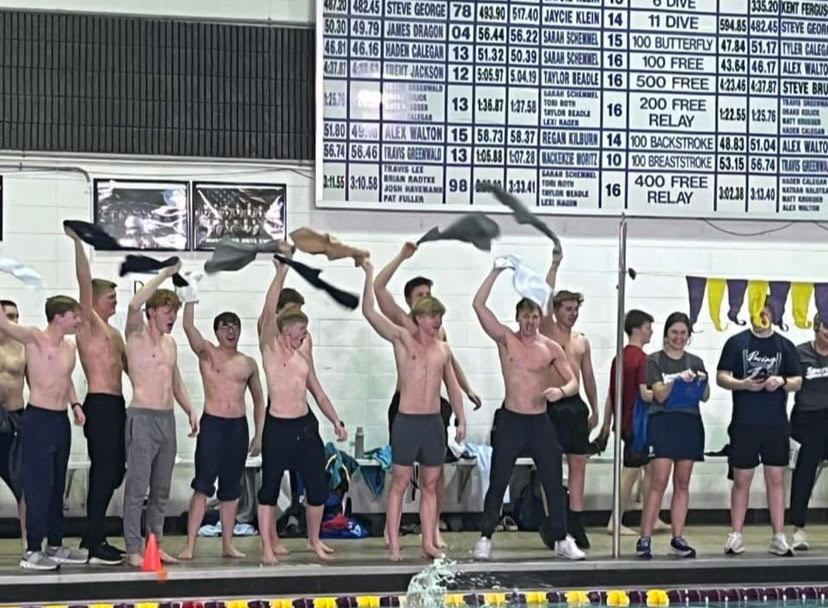
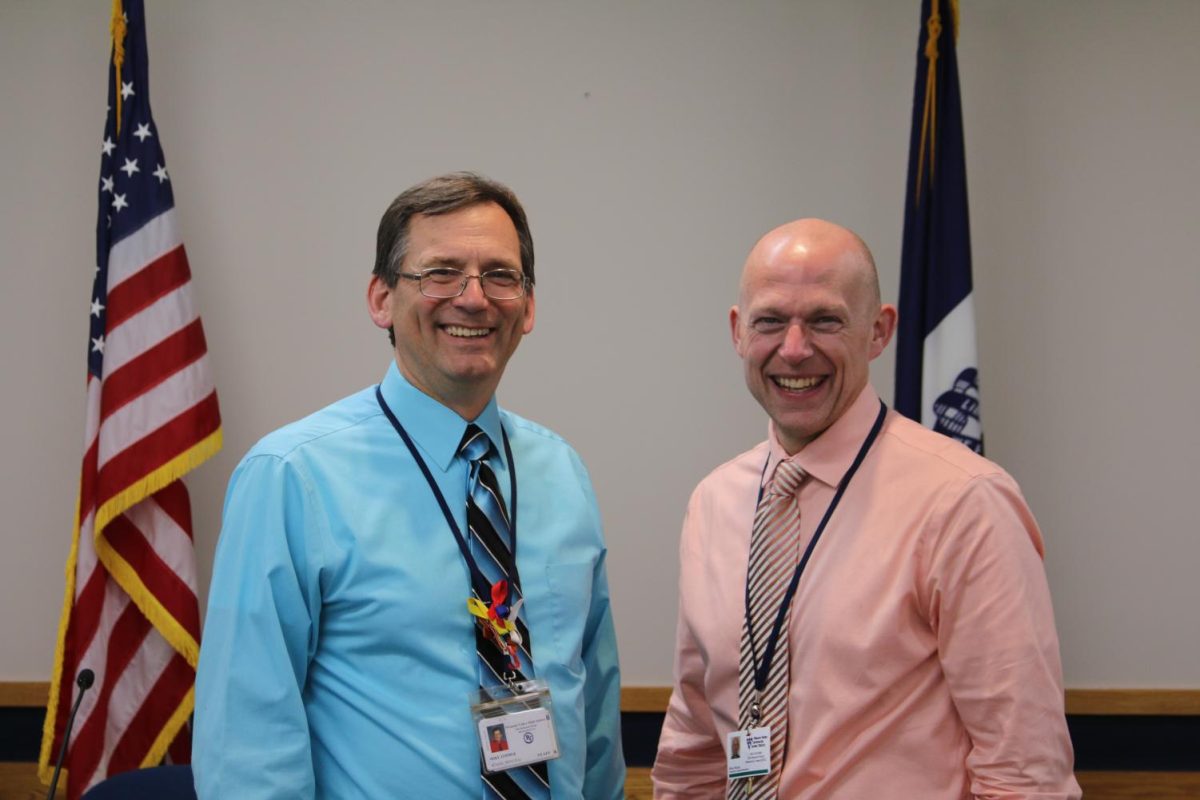

Jessica Parker • Oct 26, 2022 at 12:08 pm
I think it is interesting how students seek more than just a traditional education and want to learn more and be challenged more. I think that is a unique aspect of Pleasant Valley that isn’t anywhere else. I think our school does a good job supporting students and teachers, but we could do a better job as a community with dealing with how to deal with late assignments.
Elyanna Toulou • Oct 14, 2022 at 11:16 pm
I think it is interesting how students want to be challenged and learn beyond the classroom as opposed to just learning curriculum. It is very important especially in this day and age because of all the views in the world. School should try to teach kids the ability to differentiate between differing opinions.
Malayna Albertson • Oct 10, 2022 at 1:23 pm
I do agree it does get unfair in the learning enviormnet for students who turn in their work on time compared to the ones who don’t.